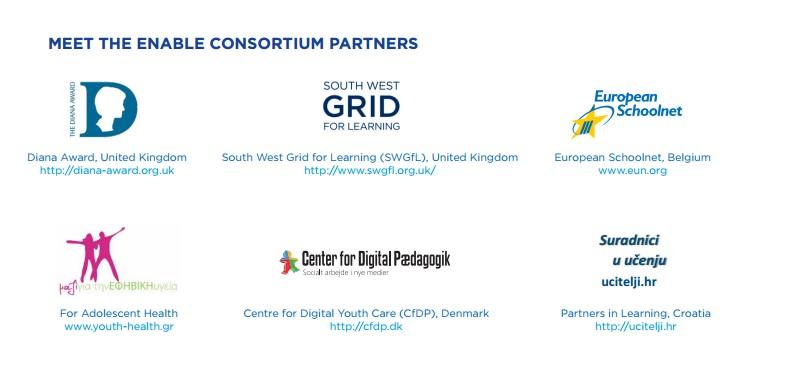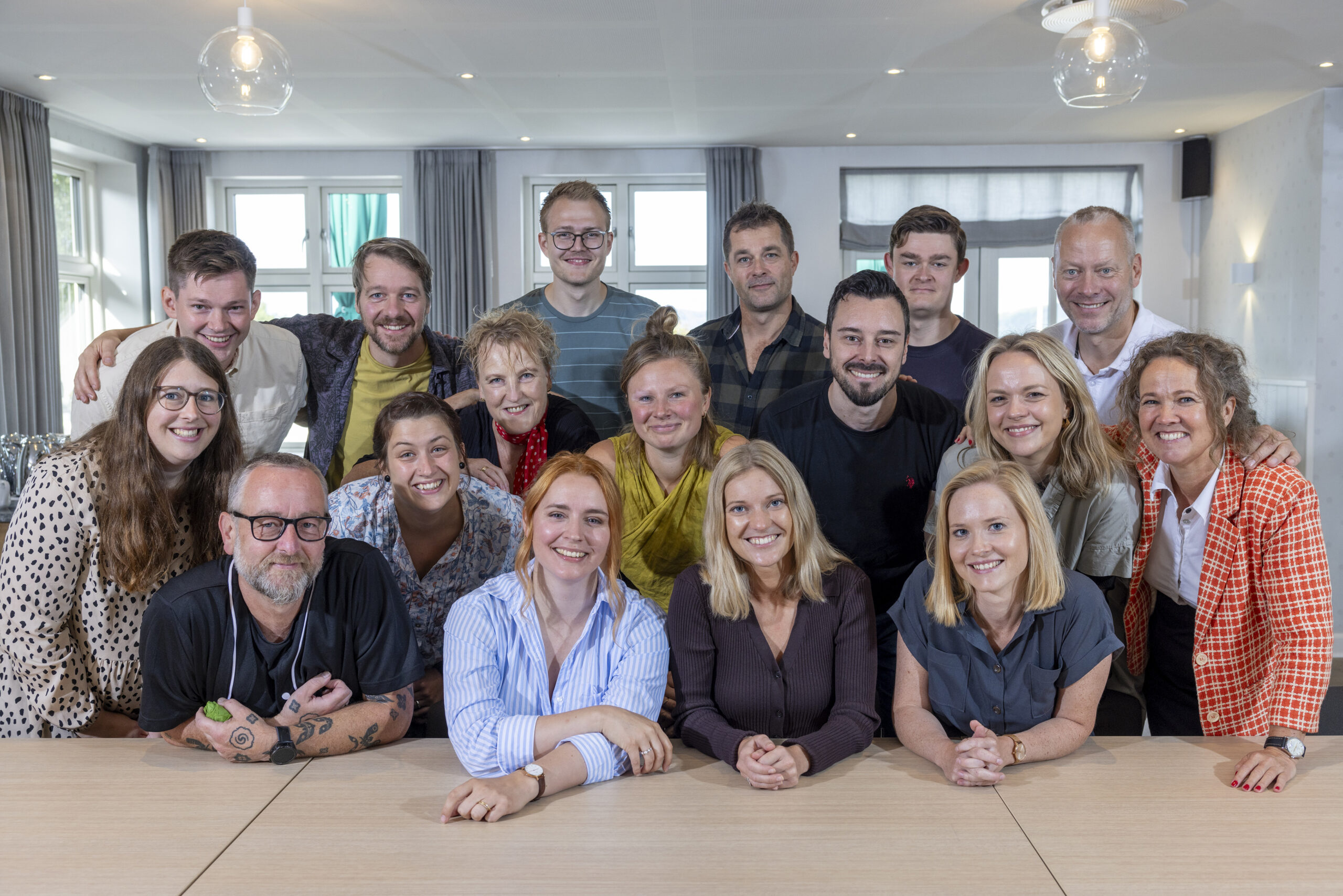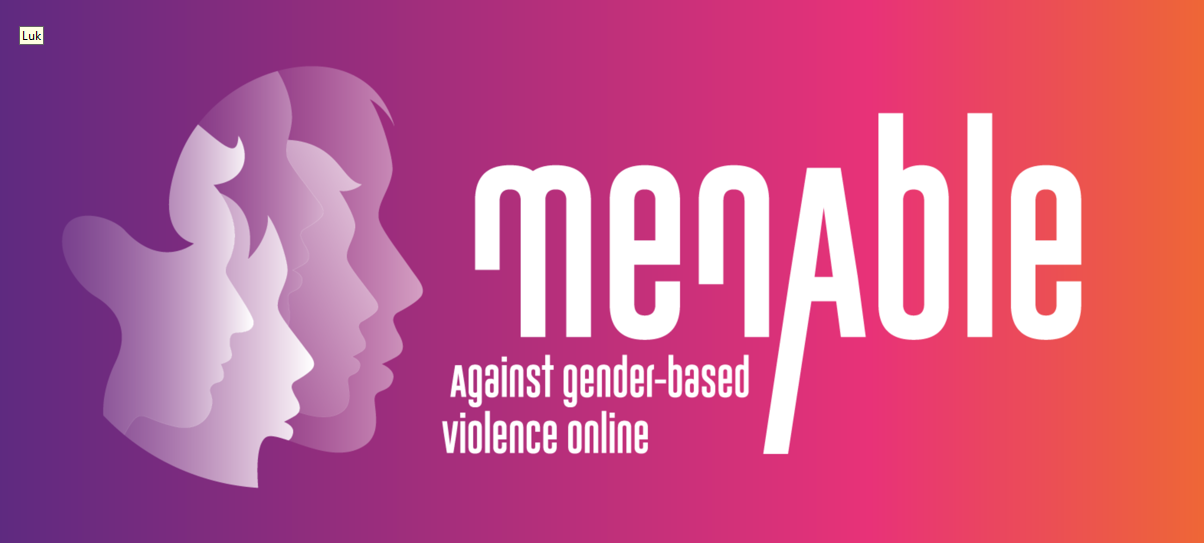Stop Bullying: ENABLE Hackathon
Anni Marquard, Head of centre, CfDP We would like to give thanks for being announced one of the winners of the ENABLE Hackathon; young people all over the world were given the opportunity to contribute their own solutions and ideas on how to stop bullying. Below, you can take a look at the video which the Hackathon-team of Cyberhus (Denmark) submitted to the ENABLE Hackathon:
100 young people between the ages of 9-17 and 35 mentors from 15 different countries
For many children and young people today bullying can be a very challenging issue, but rarely do they get the chance to respond to that challenge by designing their own solutions that could be implemented on a broad scale. Responding to the challenge has been the objective of the ENABLE Hackathon which invited young people, together with an adult mentor, to reflect on the causes and process of bullying and use their creative and coding skills to propose solutions.
Well over 100 young people aged 9-17 years and 35 mentors from 15 different countries worldwide participated in the Hackathon which was launched in June 2015. The Hackathon closed in September and ENABLE received more than 30 anti-bullying tools and testimonials as submissions.
We are happy to announce that the 6 top teams are: Denmark (Animoto), Germany (an App), the Netherlands (Peer Project), Costa Rica (Treelp), Egypt (S!BB) and Ukraine (Presentation).
These teams will gather, face-to-face and virtually, at Facebook London next Tuesday morning to meet with pupils, parents, press, decision-makers, teachers and experts to demonstrate their solutions and receive recognition for their efforts. Equally importantly, the Hackathon submissions have provided a wealth of information about how young people would like to tackle bullying.
3 things that will help shape our work
Janice Richardson, coordinator of ENABLE and member of Facebook’s Safety Advisory Board, assisted at the jury meeting: “The solutions proposed through the Hackathon highlighted 3 things that will help shape our work in the coming year. Young people are grappling with the concept of empathy, which underlines the need to improve social and emotional learning in schools, and they don’t seem to think that teachers or parents can help them find solutions when they are troubled by bullying. Lastly, they place little focus on addressing the behaviour of the bully.”
Releasing research report
Today ENABLE is also releasing a research report at https://enable.eun.org that highlights the importance of all 3 lessons learned from the Hackathon and provides the foundation on which the ENABLE approach is built. Immediately following the Hackathon showcase event in London, 25 ambassadors from a half dozen countries will take part in a 2-day training session where they will learn to implement Social and Emotional Learning in schools, and implement a holistic approach that involves activities for pupils, but also for parents and teachers. The training will also tackle the delicate issue of working with bullies, since research has shown us that, in up to 60% of cases (Olweus), bullying behaviour as a child can be a predictor for deviant or violent behaviour as an adult.
ENABLE strives to contribute to the wellbeing of ALL young people, both on- and offline; it is supported by associate partners from the industry and guided by an advisory board of 12 international experts.




Hvis du vil sætte et par ord på din feedback, vil det hjælpe os rigtig meget til at forbedre vores indhold.